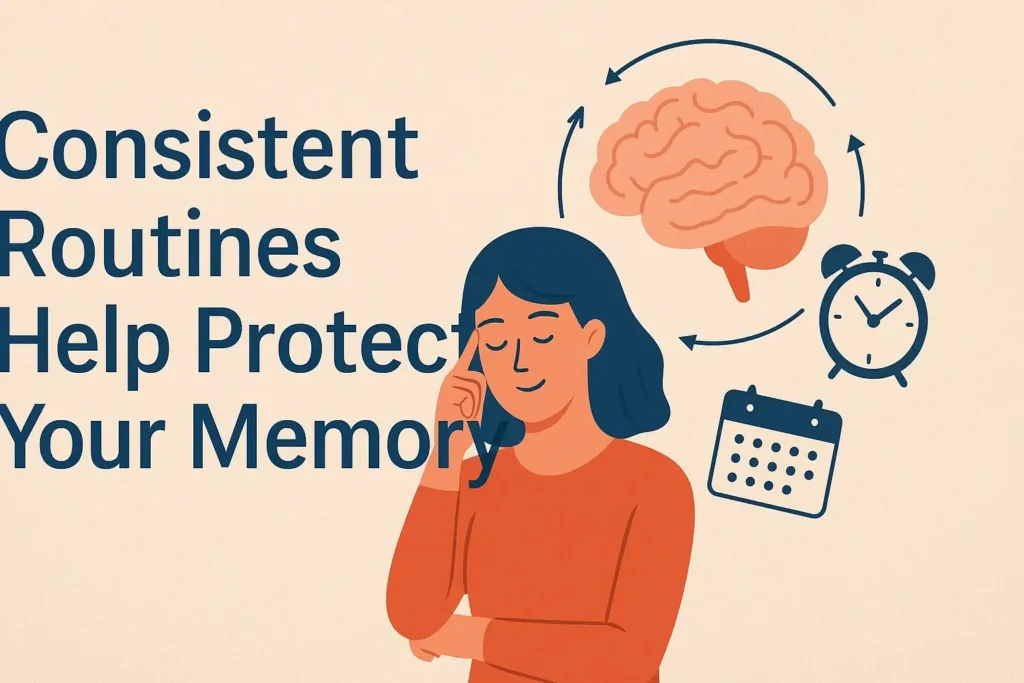Have you ever noticed how much easier it is to live a healthy life when your community has strong healthcare support? When hospitals are well managed, clinics are accessible, and health information is easy to understand, people tend to make better choices about their well-being. A good health system doesn’t just treat illness.
It helps people prevent it in the first place. Strong systems make healthcare more efficient, more affordable, and more personal. They connect people to the care and knowledge they need to live healthier every day.
Let’s talk about how better health systems shape healthier lifestyles and why they matter to every one of us.
Strong Health Leadership Improves Community Well-being
Every successful health system starts with strong leadership. Good leaders bring order, trust, and direction to the way healthcare works. They plan, organize, and inspire teams to improve the health of their communities. Health administrators are often the ones behind the scenes who make sure clinics run smoothly, hospitals stay prepared, and patients get the care they deserve.
To build those skills, many professionals choose to advance their education through health administration masters programs online. These programs help them learn how to manage resources, lead teams, and create systems that focus on quality care. Online programs are flexible, which allows healthcare professionals to continue working while learning how to make a bigger impact.
Strong leadership also means looking beyond the walls of hospitals. Leaders today focus on preventive care, community engagement, and equitable access. They help design health programs that reach families in need, create vaccination campaigns, and support mental health initiatives. When health systems have well-trained leaders, they can respond faster, plan smarter, and serve people better. The result is a community that feels supported and confident about staying healthy.
Access to Quality Care Encourages Preventive Health
When healthcare is easy to reach, people are more likely to take care of themselves before problems grow. Access means more than having a hospital nearby. It means affordable services, flexible hours, and professionals who listen. A strong health system ensures that everyone can get the help they need without worrying about cost or distance.
Preventive care is one of the biggest benefits of better access. When people can easily get checkups, screenings, and vaccinations, diseases can be detected early or even avoided. Regular visits to doctors help identify small issues before they become serious. This saves money and reduces stress for families.
Communities with well-organized health systems also promote health education. People learn about diet, exercise, and hygiene in ways that fit their daily lives. Instead of waiting until they are sick, they understand how to stay well. Access and education together create a powerful combination that leads to healthier habits and stronger lifestyles.
Technology and Data Make Health Systems Smarter
Technology has changed how healthcare works. With the right tools, health systems can understand what people need and respond faster. Digital records, telehealth, and mobile health apps have made it easier for patients to track their health and stay in touch with their doctors.
Health systems now use data to make decisions that actually reflect what communities need. They can see trends, like rising cases of certain diseases, and prepare before problems spread. Data also helps doctors personalize care. For example, patients with chronic conditions can receive reminders for medication or updates on their treatment plans through apps.
Technology also supports healthcare workers. With efficient data systems, they can spend less time on paperwork and more time helping patients. This smarter use of resources makes care more personal and responsive. When technology and human care work together, health systems become more effective and people benefit directly.
Community-Based Health Programs Create Real Change
Real change often starts at the community level. When health systems support local programs, people have more opportunities to stay healthy. These programs bring healthcare closer to home and make it part of everyday life.
Community-based health initiatives can include fitness events, nutrition workshops, vaccination drives, and school health programs. They give people the tools and knowledge to make better choices. For example, a community that hosts free blood pressure checks helps residents stay aware of their health before serious problems arise.
These programs succeed when health systems invest in them. Strong systems provide funding, training, and coordination. They connect hospitals, public health departments, and local organizations so that efforts are not duplicated and resources are used efficiently. The result is a stronger bond between people and the healthcare system. When communities see that their health system truly cares, they engage more, trust more, and live better.
Building Trust Between Patients and Providers
Trust is one of the most important parts of any health system. When people trust their healthcare providers, they are more likely to follow advice, take medications correctly, and stay proactive about their health. A system that encourages open communication and respect builds that trust naturally.
Providers who listen, explain clearly, and treat patients with empathy make a lasting difference. This kind of care helps patients feel valued and understood. They become partners in their own health instead of passive receivers of treatment.
Trust also grows when systems are transparent. Clear policies, fair pricing, and honest information make patients feel secure. When people know they can rely on their healthcare system, they take better care of themselves and encourage others to do the same.
Better health systems do more than cure illness. They shape how people live every day. When leadership is strong, care is accessible, technology is smart, and trust is built, health systems become part of the foundation for healthier living. They help individuals make small choices that add up to big improvements in well-being.
Living a healthy life is easier when you are supported by a system that truly works for you. Every well-managed clinic, every accessible program, and every caring provider contributes to a stronger, healthier community. When health systems grow better, so do the people they serve.


